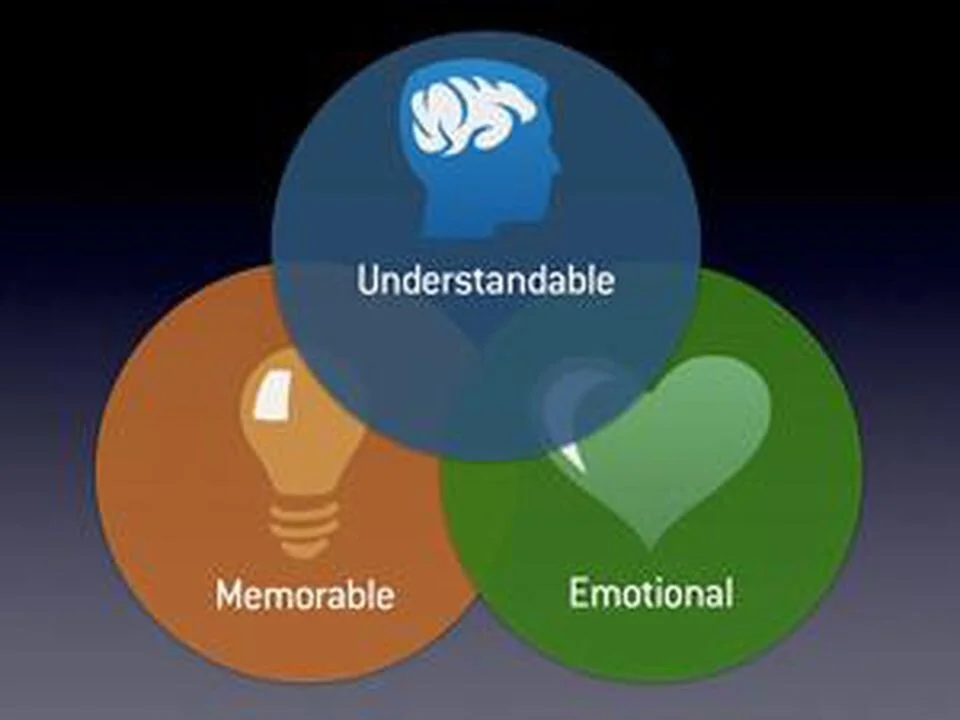A key segment of the workforce is in sales and customer service where persuasion—the ability to influence others to buy your product or your idea—is key. Persuasion is a process. The sales Presentation is important, but Preparation and Persistent follow-up are often just as important. Hence the three Ps of persuasion—Prepare, Present, Persist. This is true when a leader addresses a group, an outside sales professional “gets in front” of a customer, or an inside salesperson works with a customer who came into the store.
For customer service, persuasion isn’t making the sale, but rather facilitating it. In retail, for example, the Three Ps take this form. First, SMILE and greet the customer, preparing you and the customer for a successful interaction. Second, STOP what you are doing and present yourself to the customer as a resource if they need assistance. Third, SEE to it that the customer is satisfied. You and your team must persist until the customer need is met. Here, your product knowledge is important, but it is also important that you know when to pass the customer’s request to another person on your team.
PREPARE
Get ready. Be confident that you have all the product knowledge you need. To the extent possible, not only do you prepare for a specific meeting, leadership presentation, or sales encounter, just as important, you are constantly preparing yourself for success.
PRESENT
Now we come to what is actually the second phase of the persuasion process, the “persuasive encounter” itself. This is where you present the idea or product and persuade someone them to buy it. As a professional you learn to manage this process while making sure the customer believes they are controlling it, because they are. This may seem paradoxical, but the fact is, an effective persuasion professional takes responsibility for the process, knowing that the customer determines the outcome.
PERSIST
Salespeople are sometimes criticized for being “too persistent,” i.e., pesky in some annoying way. Stereotypical telemarketers come to mind. Yet, look at the definition of persist on Google and you will encounter a more noble definition of the term: to continue firmly or obstinately in an opinion or a course of action in spite of difficulty, opposition, or failure. Just as noble are the word’s Latin origins in persistere, from per- (through, steadfastly) and sistere (to stand). Thus, to persist is to stand, and continue, steadfastly. Great leaders are persistent in this original sense.
Talking to your coach. In the world of sales, the three Ps principle is a mindset, a philosophy, maybe even a way of life. You know it when you embrace it! Using your own measure of success, once a day or throughout the day tell your coach why you have—or haven’t—followed the philosophy. Your journal entry itself will tell you a lot, and your coach will ask questions to help sharpen your focus.



